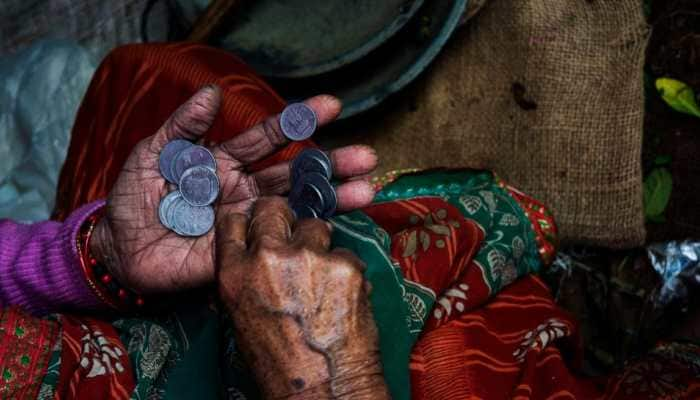India's wheat export ban is causing US Agriculture Secretary 'deep concern' - find out why
"What we need is transparency in the market, what we need is a market that is helping to get goods to those who are in need," U.S. Agriculture Secretary Tom Vilsack has recently told journalists
- Russia and Ukraine jointly account for about 30% of global wheat exports
- Ukraine's exports are severely hampered because the war has forced it to close its ports, while Russia's exports have been hit by Western sanctions
- India was the Ukraine/Russia alternative, especially for feed wheat
Trending Photos
)
India's decision to ban wheat export has created ripples in global markets, spurring a rally in already elevated wheat prices. Now, U.S. Agriculture Secretary Tom Vilsack has expressed "deep concern" about India's wheat export ban. "What we need is transparency in the market, what we need is a market that is helping to get goods to those who are in need," Vilsack said on a call with journalists, reported Reuters.
Meanwhile, wheat importers in Asia were scrambling to find new sources of supply after India banned exports of the grain at the weekend in a bid to keep a lid on soaring domestic prices, trade sources told Reuters. Importers, especially those in Asia, were banking on wheat from India, the world`s second-biggest producer, after exports from the Black Sea region plunged following Russia's invasion of Ukraine on February 24.
Russia and Ukraine jointly account for about 30% of global wheat exports. Ukraine's exports are severely hampered because the war has forced it to close its ports, while Russia's exports have been hit by Western sanctions. "Asian importers are likely to be in deep trouble. India was the Ukraine/Russia alternative, especially for feed wheat. (They are) already today casting around for alternatives," said a Europe-based wheat trader at a global trade house.
Why India banned wheat exports
India was initially eyeing as much as 12 million tonnes of wheat exports in 2022/23, significantly higher than last year`s record exports of 7.2 million tonnes. After harvesting five consecutive record crops, New Delhi was hoping a sixth crop would be even higher at 111.32 million tonnes.
But a heatwave during a crucial crop development phase dented yields, forcing the government to cut its output estimate to 105 million tonnes. Lower output coupled with strong export demand then pushed local prices higher, often above the government's fixed procurement price. That prompted farmers to sell wheat privately instead of to the state, whose purchases to run welfare schemes slumped due to tight supplies.
Earlier, addressing the discomfort expressed by G-7 nations about its wheat exports ban, Union Minister Hardeep Puri had assured that India will fulfil all its commitments to vulnerable countries and won’t abandon the neighbours who depend on India for their food supplies. In a Twitter post on Saturday, Union Minister Hardeep Singh Puri said the country's wheat stocks are at a "comfortable" level and will be used to fulfil all the prior export demands as well as the domestic need.
(With inputs from Reuters)
Stay informed on all the latest news, real-time breaking news updates, and follow all the important headlines in india news and world News on Zee News.
Live Tv







)
)
)
)
)
)
)
)
)
)
